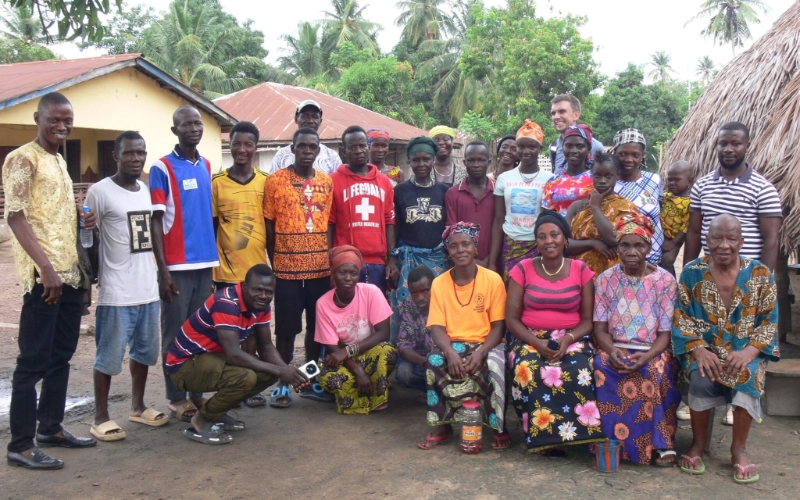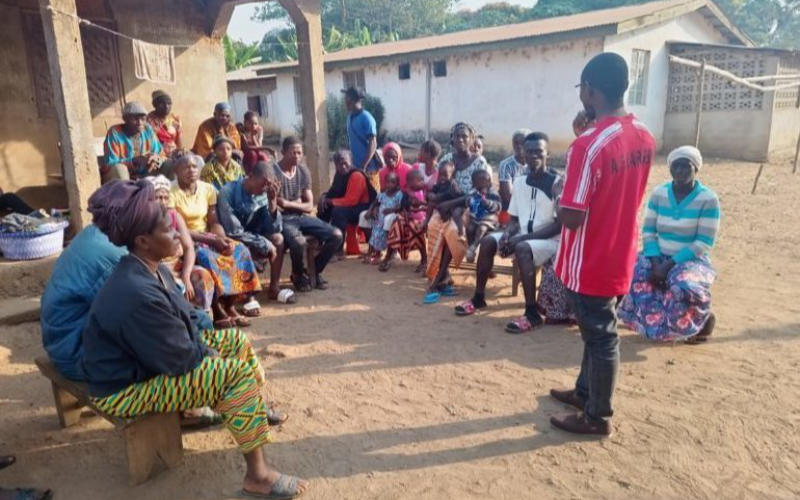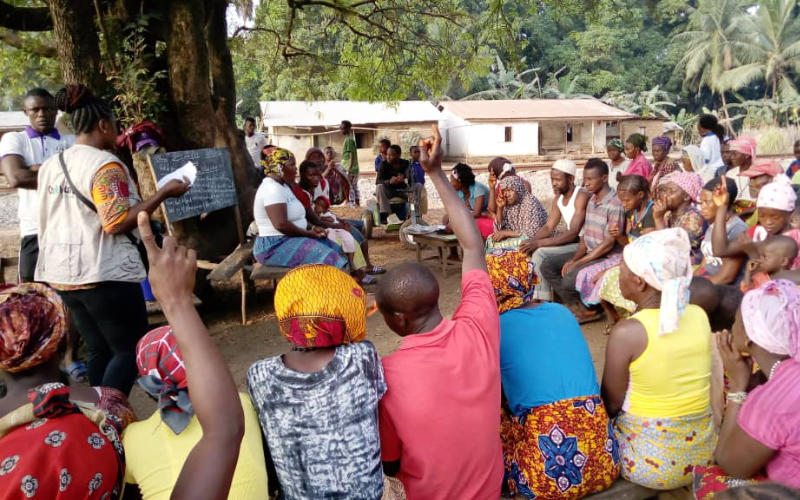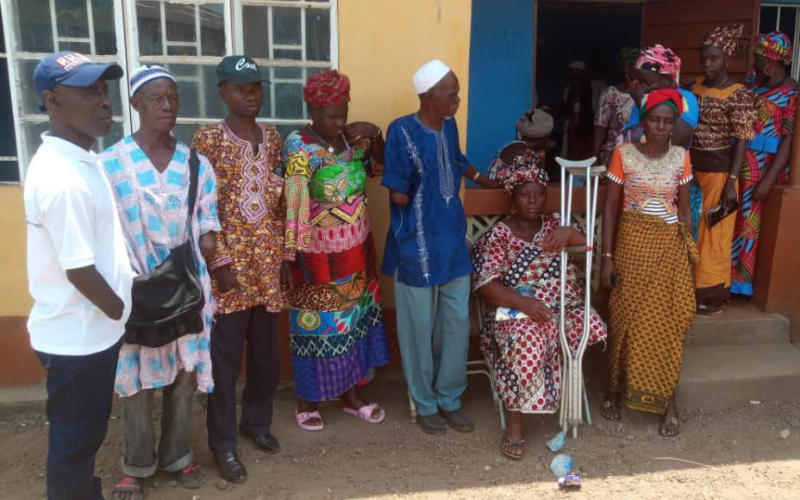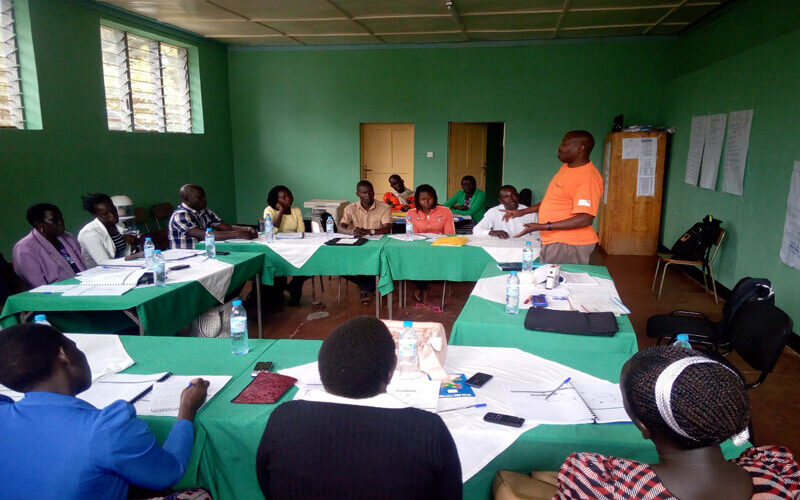Even before health structures were eroded by Ebola, Sierra Leone was a poor country with minimal mental health services. Ebola added stigma, trauma and poverty to existing stresses – burial procedures were imposed that conflicted with cultural customs, worsening grief. Poverty rose when quarantine prevented people from working, and misinformation fuelled stigma and social exclusion. People lost businesses, possessions, food, homes and family breadwinners. Mental health provision in Sierra Leone amounts to three psychiatrists – one of whom is semi-retired and one who works for the Army; one clinical psychologist in private practice; 19 mental health nurses who graduated in 2012, and one government psychiatric hospital in Freetown where until 2018 patients were sometimes kept in chains (though this practice has now been abolished). Health workers have little or no mental health training.
Overcoming trauma, rebuilding communities
Network for Africa UK
14 Saint Marys Street, Stamford
Lincolnshire PE9 2DF
Phone: 0203 951 0863
Email: information@network4africa.org
Network for Africa US
PO Box 6609
Charlottesville VA 22906
Registered Charity
Network for Africa is a charity registered in the UK - 1120932.
Network for Africa is a 501(c)(3) and our tax ID is 26-1502938.
Network for Africa is a charity registered in both the USA and the UK, but we use the spelling most commonly used in Africa on this website.
